In China’s bid to acquire advanced technology from the United States, officials from the north-central city of Baoding tried to meet with Silicon Valley executives and discuss deals for companies to set up offices there, according to internal government documents that The Epoch Times obtained recently.
Citing the Chinese regime’s key strategy of “bringing technologies in, exporting our products out,” the Baoding government detailed a successful example: it attracted AXT Inc., a U.S.-based designer and manufacturer of semiconductor substrates, to set up a factory in Dingxing county, Baoding.
The semiconductor substrates are components for making electronic chips, which power nearly every electronic device.
China’s chipmakers still lag behind global manufacturers despite heavy government investment.
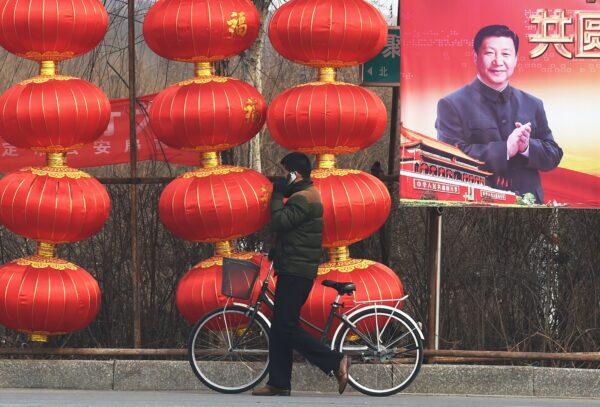
Chip Components
AXT Inc. was co-founded by Taiwanese-American Morris Young in Fremont, Calif. in 1986. All of its manufacturing is done in China, including a factory in Dingxing, which is named Baoding Tongmei Crystal Manufacturing (AXT Dingxing).The internal documents that The Epoch Times obtained includes the cooperation contract signed between the Dingxing county government and AXT in May 2018.
In the contract, the Dingxing government promised to strongly support AXT Dingxing’s development through “national policies” and provincial regulations. AXT promised that it would invest more on research and development, and send more specialists to work in Dingxing.
The contract also planned for AXT Dingxing to set up a postdoctoral research station, which would focus on new technology innovations.
AXT did not respond to a request for comment.
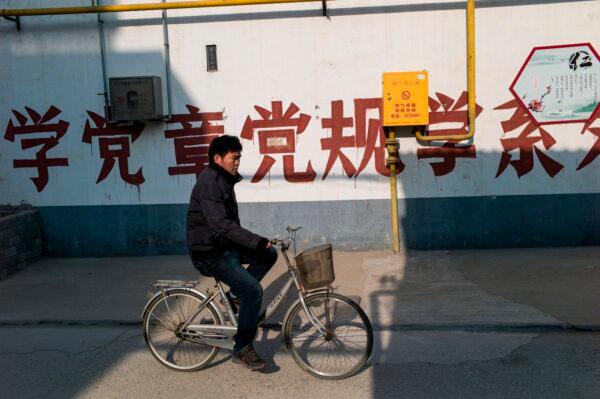
Targeting High Tech
The internal documents also included letters, reports, and plans for Chinese official Li Baosen’s visit to Silicon Valley in the United States and Toronto, Canada from Dec. 9 to 16, 2018, with the purpose of discussing cooperation deals. Li is director of the Baoding High-tech Zone management committee. He targeted several high-tech companies on the trip.Lee made arrangements for Li to visit Stanford University, IBM, the Plug and Play startup accelerator, venture capital firm Danhua Capital, Google, and Apple, according to the letter.
In the travel trip summary that Li later reported to the Baoding city government, he said he visited and discussed possible cooperation with Globaleur, Dilili Labs Inc., R2.ai, Luxena Pharmaceuticals Inc., Maykke, and Lifeliqe, and visited the campus of Hewlett-Packard, Nvidia, Google, and Apple.
In an email, Luxena Pharmaceuticals said no such discussion ever took place. Globaleur, Dilili Labs Inc., R2.ai, Maykke, and Lifeliqe did not respond to requests for comment.
Aside from the pharmaceutical company, all are tech startups. Li wrote that he wanted to invite these companies to set up offices in Baoding.
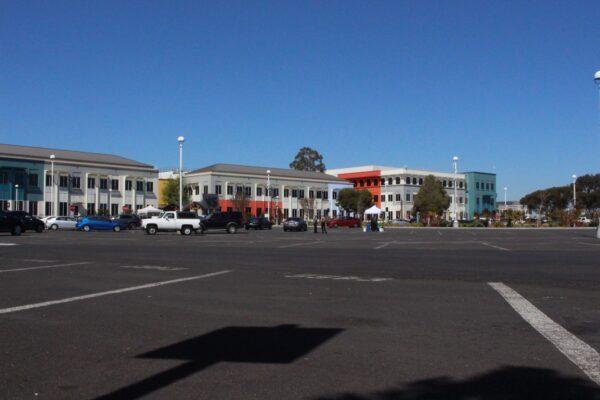
Li and his team also reported the reasons why Li visited the above-mentioned companies, in a separate report to the city government.
For example, Li and his team wrote that they wanted to promote U.S. collaborations with Chinese firms: “Dilili Labs Inc. has the core technology of robot vision and navigation. The robot vision analysis software that Dilili has developed can accurately analyze dynamic images and videos in real time, which can count, track, and analyze people.”
Another purpose of Li’s North America trip is launching “innovation centers” in Silicon Valley and Toronto to promote collaboration with the Baoding government.
Li said in another report to the city government that the innovation centers would “attract foreign high-tech projects to invest in Baoding, attract foreign high-tech experts to work in Baoding, and train Baoding officials and enterprises overseas.”
The Xinhua report used the same words as Li’s report to describe the innovation center’s primary tasks, including obtaining visas and other services for American companies that would set up branches in Baoding.
It also stated that the center would organize American businesses to visit Baoding regularly.
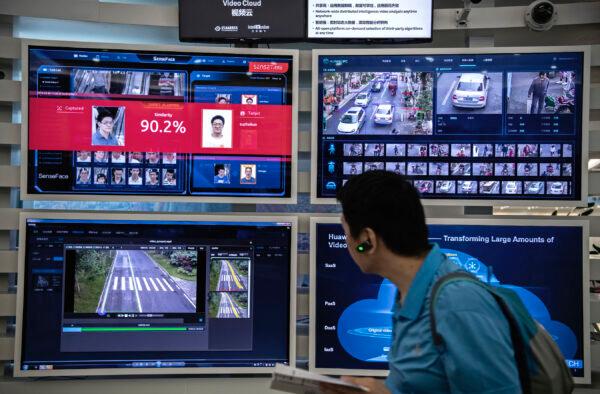
U.S.-based China affairs commentator Tang Jingyuan said that tech collaborations such as those the Baoding government seeks are one of the methods by which the Chinese regime seeks to acquire American tech innovations.
“The Chinese regime uses a saying, ‘collecting pollen from overseas, then making honey in China.’ This is an example of that,” Tang added.


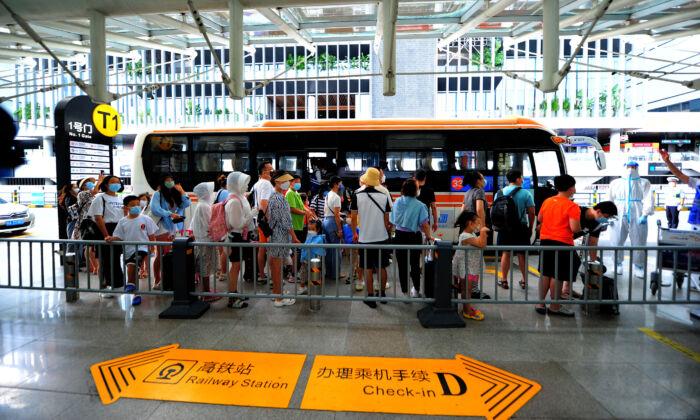
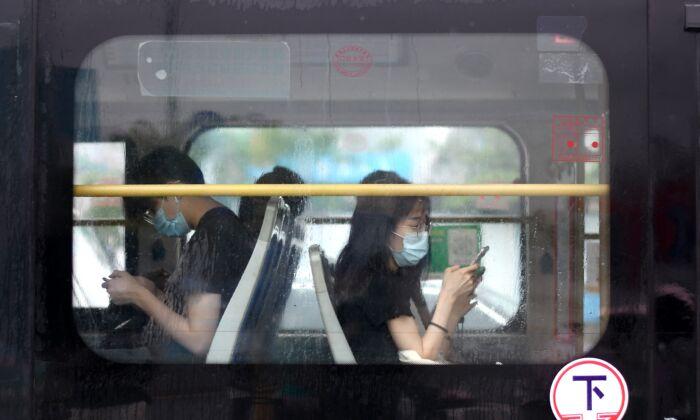
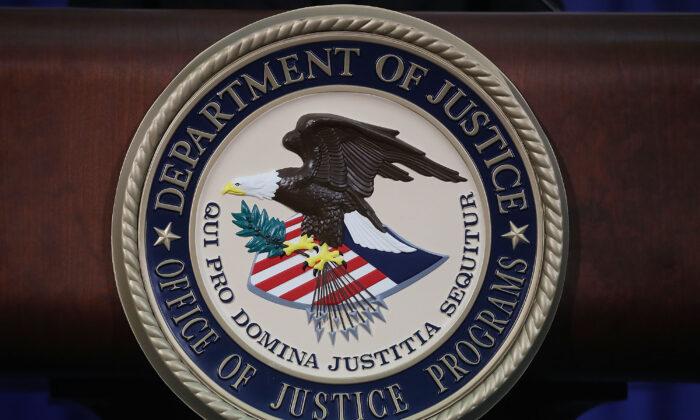
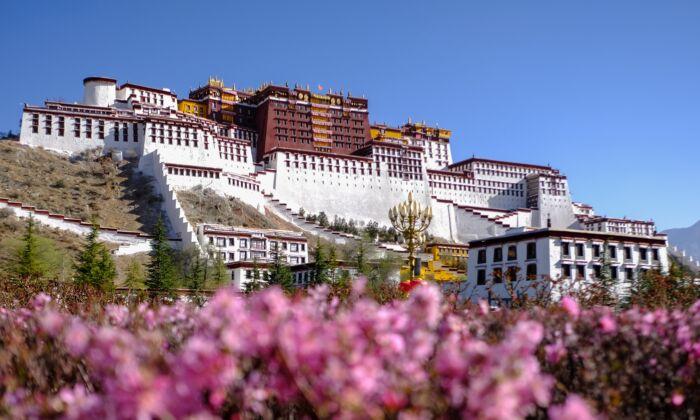
Friends Read Free